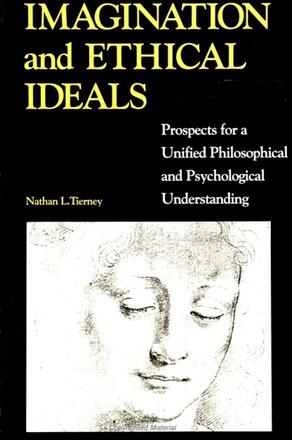
Imagination and Ethical Ideals
Prospects for a Unified Philosophical and Psychological Understanding
Alternative formats available from:
Description
Imagination and Ethical Ideals is an interdisciplinary work which investigates some of the links between moral philosophy and moral psychology, with implications for both personal ethics and social philosophy. Tierney begins with the argument that the widespread fascination with moral principles has led moral philosophers into a dead end, which is revealed both by their inability to deal with the problem of relativism, and by the felt irrelevancy of moral philosophy to the lives that people are actually striving to lead. He then offers an alternative account of the nature of ethical thought, grounded in a theory of imaginative ethical ideals. A psychological framework for ideals is then developed using the results of contemporary psychoanalysis and psychology, particularly the self psychology of Heinz Kohut.
Nathan Tierney is Chair of the Department of Philosophy at California Lutheran University.
Reviews
"Tierney gives us an account of moral ideals that is philosophically sophisticated, psychologically realistic, and sensitive to our nature as imaginative moral creatures. Moral philosophy is desperately in need of such an account, if it is going to address the needs and motivations of actual human beings. With brevity, subtlety, and deep insight, Tierney shows us what is unsatisfactory about a morality grounded on universal rules and based on a notion of moral motivation as compulsion. He then offers his alternative account, which focuses, not on rules, but rather on imaginative, ethical ideals. Nobody, to my knowledge, has explored these dimensions of our moral experience, and nobody has addressed the issues of imaginative ethical ideals with this kind of sophistication and clinical adequacy. " — Mark L. Johnson, Southern Illinois University at Carbondale